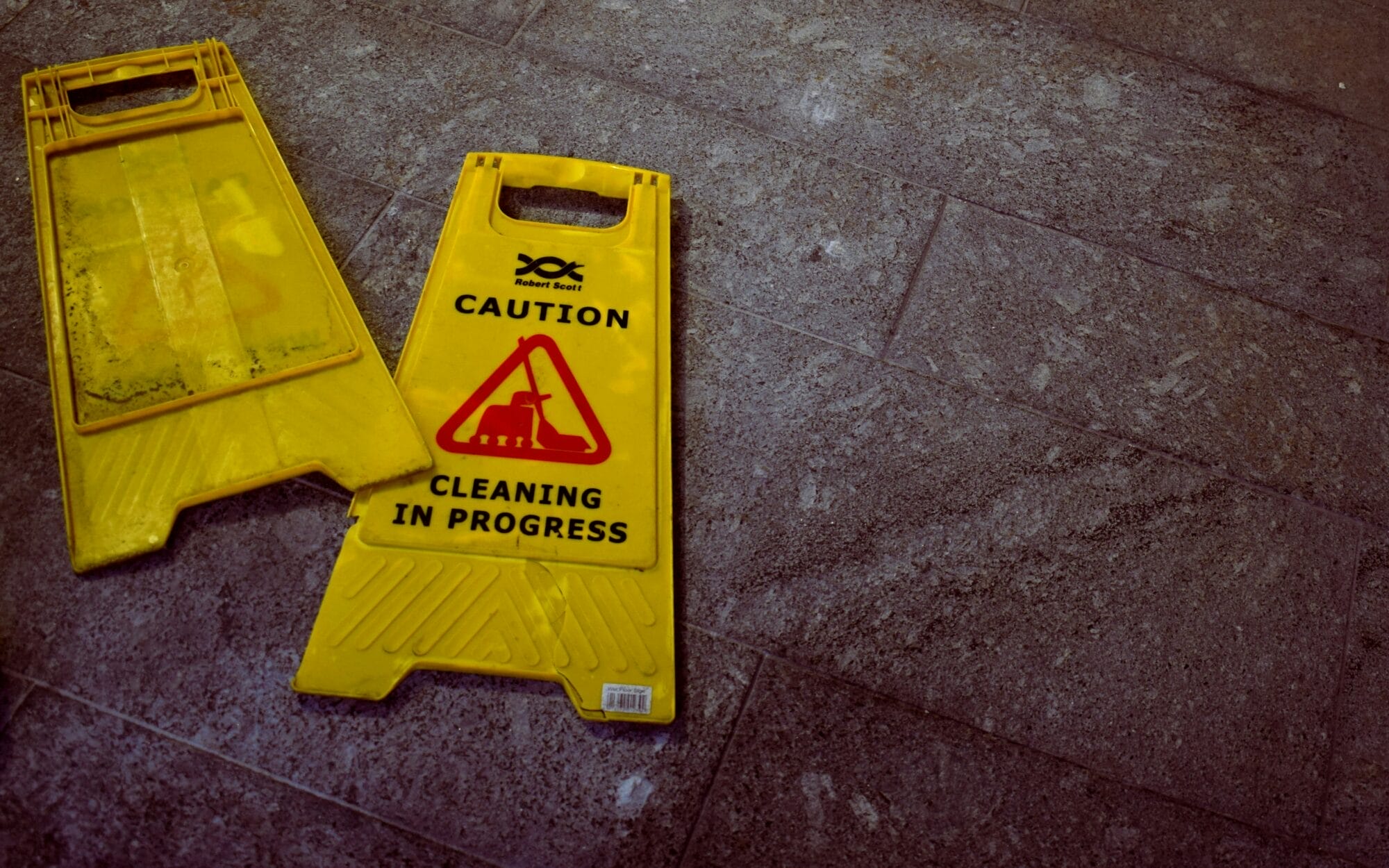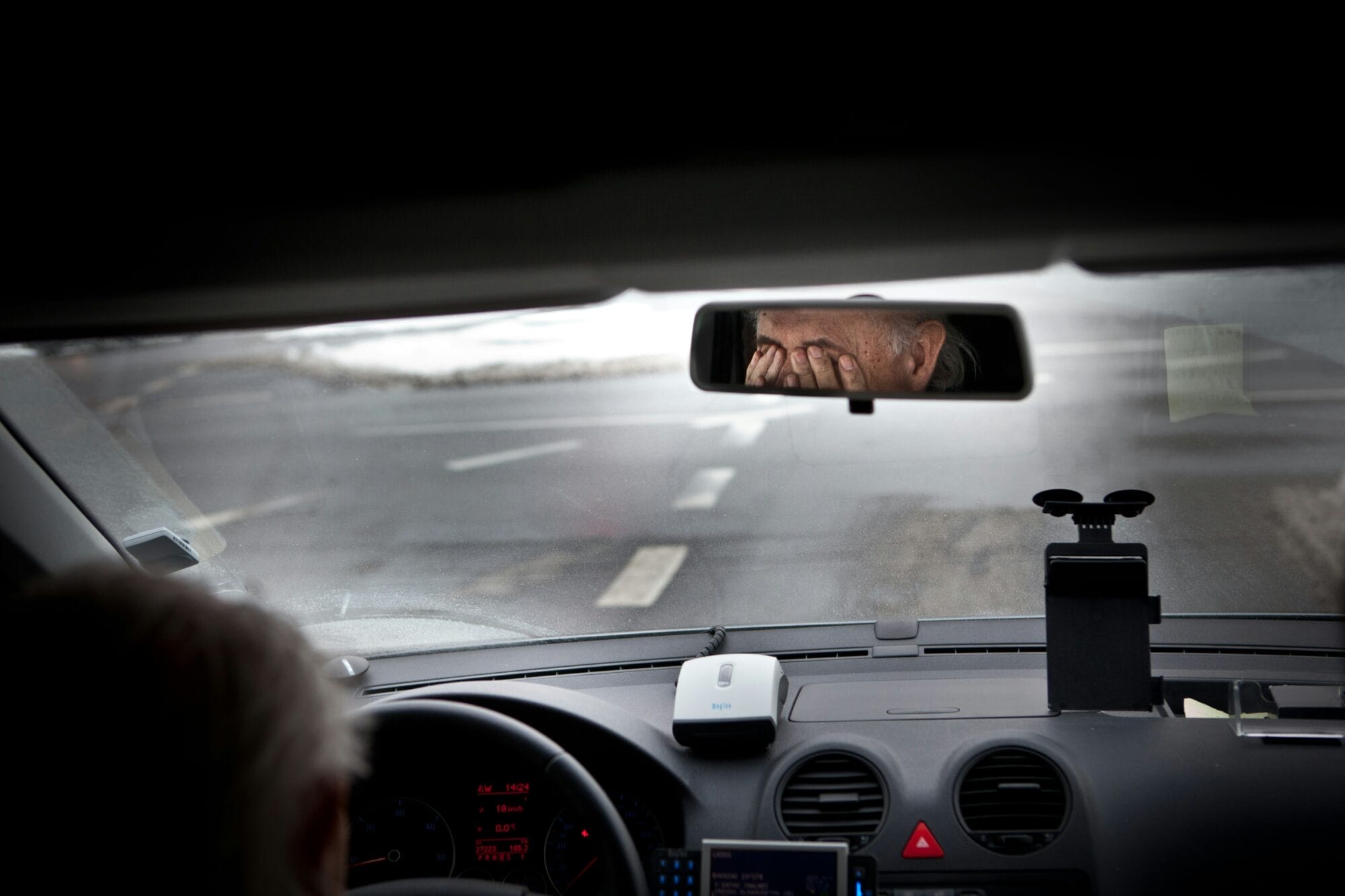If you have a pending personal injury claim, your social media posts (and those of your family and friends) can negatively affect your case. In Virginia, a single post can even prevent you from recovering anything at all. Using privacy settings is not a surefire safeguard.
Social Media Posts as Evidence in Your Case
In a personal injury claim investigation, the insurance company representing the person who may be at fault and their attorney (if there is one) thoroughly search for social media posts by you and about you. They look for any information relevant to your claim in past or current posts. They may even masquerade as a friend or contact to get access to private posts.
Social media posts qualify as evidence in your case if they contain information relevant to your claim. Even if posts are marked “private,” the opposing party may access them through the discovery process or a court order. You cannot have any expectation of privacy for anything you post on social media.
Make no mistake — your opponents will use anything they can find on social media to undermine your case. While you probably portray yourself in the best possible light on social media, which is a natural tendency, the opposing party will use your posts in the most negative way possible.
There are two different ways social media comments and photos can jeopardize your case. First, they may contradict your factual claims about your injuries. In addition, they also can adversely impact your legal rights and undermine the liability rules your lawyer relies on to recover compensation.
Contradictory Evidence About Your Injuries
One of the most common ways that social media posts can affect a personal injury case is by providing evidence that contradicts factual claims about the extent of the injuries. While no one intentionally posts this type of information, it is relatively easy for avid social media users to post contradictory information inadvertently.
For example, suppose your lawyer claims that your injuries severely limit your mobility, to the extent that you can’t carry on normal activities with your family. Then, during your social media exchanges with friends, you happily post a video or photo of you playing soccer with your kids in the backyard. Your claim about limited mobility and inability to participate in normal activities — and at least some of your hoped-for compensation — probably just evaporated.
This type of factual contradiction can occur in many different ways. Your lawyer works hard to put together a personal injury claim to get you as much compensation as possible based on the facts in your case. Yet you can negatively affect the amount of compensation you receive in a single social media post, completely unintentionally.
Posts That Undercut Liability in a Virginia Personal Injury Case
Virginia personal injury law has unique rules that can result in an injured victim being completely unable to recover any compensation. Unlike most states, where contributory negligence (conduct of the injured victim that contributes to the accident and injuries) only reduces the amount of compensation, Virginia has a pure contributory negligence rule. The rule is extremely strict and often very unfair.
The pure contributory negligence rule states that if an injured victim’s conduct is responsible to any extent for the accident and injuries, the victim is not legally entitled to recover anything. In other words, your conduct might be a one-percent (1%) factor in causing the accident, while the other person is 99% responsible. Even in that case, under Virginia law, you cannot recover anything from the person who is almost entirely at fault.
How can a social media post demonstrate your contributory negligence? It usually happens unintentionally, just as with factual contradictions. By implication, your comments can give your opponents a basis for asserting that your own conduct contributed to the accident in many different ways.
You might chat on social media about the accident with your family and friends, which is a normal inclination for people who discuss their daily lives on social media. Comments like “I’m almost certain that I had the green light” or “I was texting with my son when I got hit and never saw that car coming” imply that your own conduct in the accident might be questionable. It’s not hard to imagine other similar comments that lead to the same conclusion.
Social Media Tips During a Virginia Personal Injury Case
If a lawyer represents you in your claim, you should discuss your social media activity with your attorney during your initial discussions about the case, especially if you actively post. Then follow your lawyer’s guidelines and advice without deviation.
Because of the risks explained above, some Virginia personal injury attorneys tell every client to refrain completely from posting on social media during a case. Some even suggest closing all social media accounts. However, the appropriate advice on social media depends entirely on the facts and circumstances of a case, as well as the client’s own social media habits.
While it’s best not to participate in social media at all while you have a personal injury claim pending, here are some things to remember if you do continue to post (with your attorney’s permission, of course):
- Refrain from making any comments about the case, including the circumstances of the accident, your injuries, the opposing party’s conduct, your discussions with your lawyer, or anything else relating to your claim.
- Make all your posts private (but remember that doing this may not protect them from being obtained by the opposing party).
- Ask your friends and family not to mention or tag you in their posts or post photos of you.
- Do not accept any new friend or contact requests from people you do not know well.
- Consider limiting your activity to liking other people’s posts or sharing news articles unrelated to your accident.
Above all, follow your lawyer’s advice about posting on social media while your case is pending. The last thing you want to do is inadvertently affect the amount of your compensation or prevent any recovery at all.
Free Consultation With Our Virginia Personal Injury Attorneys
If you already have an attorney, talk with your lawyer about social media. If you don’t have an attorney and suffered serious injuries that may be someone else’s fault, our Virginia personal injury attorneys at Renfro & Renfro are here to help. We welcome you to contact us for a free consultation.






